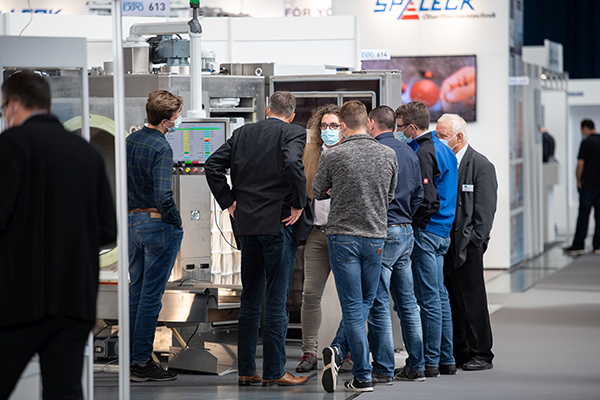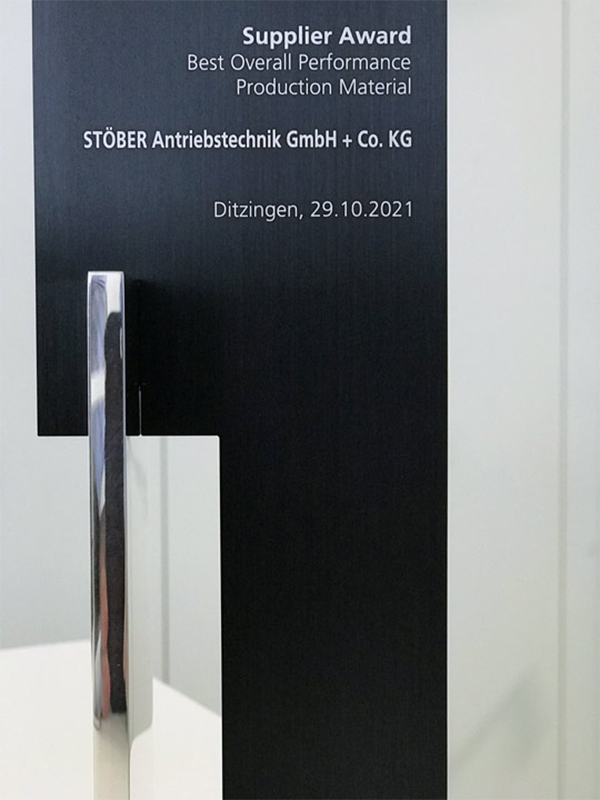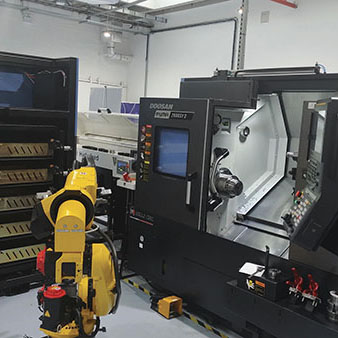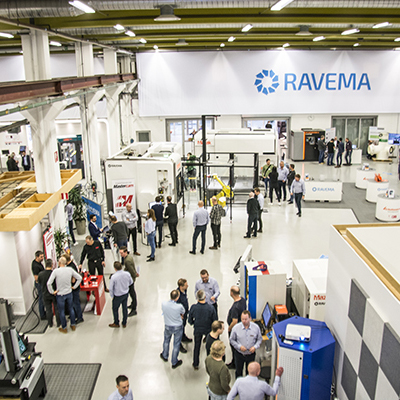
Right from the very beginning, a positive mood prevailed at DeburringEXPO, which was held as an on-site trade fair during October. Most of the circa 1100 expert visitors came to the Karlsruhe Exhibition Centre in Germany with concrete tasks and a great need for information. This resulted in excellent contacts, valuable RFQs and interesting projects for almost all of the 105 exhibiting companies.
Around 50% of the visitors took advantage of the opportunity to gather information about current trends, the latest developments and best-practice solutions in the fields of deburring and the production of precision finishes. Some 94% of the exhibitors expect very good to satisfactory post-fair business.
Almost 80% of the exhibiting companies presented new and recent developments at DeburringEXPO. The results of the post-event survey substantiate the fact that this trade fair for deburring technologies and precision surface finishing also satisfied the expectations of visitors: more than 82% said they were very satisfied to satisfied with the offerings. In addition, more than 75% of visitors would recommend the exhibition and its associated programme of technology forums to colleagues and business partners.
The simultaneously interpreted (German <> English) presentations held at the expert forum on various topics related to deburring and surface finishing met with great interest. In total, 504 participants took advantage of the opportunity to enhance their knowledge. For roughly 25% of participants, the forum programme was the determining factor in deciding on which of the three days they visited the trade fair.
The next DeburringEXPO will take place at the Karlsruhe Exhibition Centre on 10-12 October 2023. More than 50% of the exhibiting companies confirmed spontaneously that they would participate.
For further information
www.deburring-expo.com























